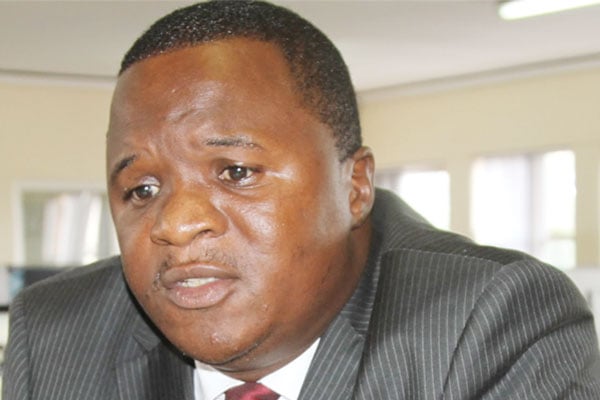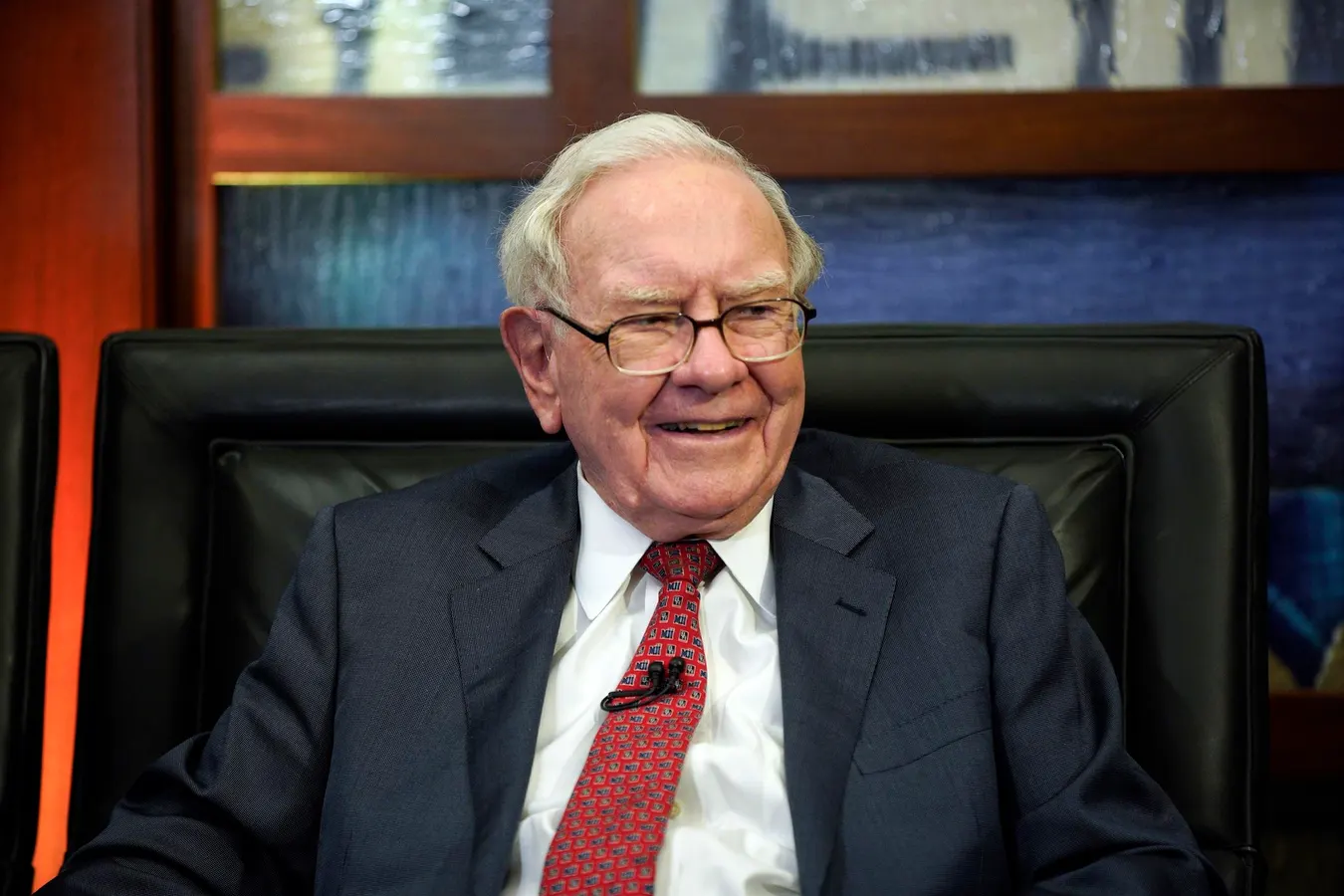Copyright zimeye

By A Correspondent Chinhoyi – Destiny for Africa Network founder and cleric Rev Dr Obadiah Musindo has sparked outrage after publicly defending individuals accused of looting public resources, insisting that those being called “Zvigananda” are “misunderstood patriots” rather than corrupt elites. Speaking during a pastors’ conference in Chinhoyi this week, Dr Musindo said critics were “jealous of successful people” and urged Zimbabweans to “respect those whom God has blessed.” His comments, however, have drawn sharp criticism from citizens who accuse him of glorifying corruption and shielding politically connected businessmen. “There is nothing wrong with success,” Musindo declared. “Those you call Zvigananda are blessed people who are using their wisdom to prosper. We must not demonize them because of envy.” The term “Zvigananda,” which loosely means “the cunning ones,” has become a common label for business figures accused of exploiting state tenders and political connections for personal enrichment. Many Zimbabweans use it to refer to individuals allegedly benefitting from opaque deals while ordinary citizens struggle to survive. “This statement from Musindo is a slap in the face to millions of suffering Zimbabweans,” said a Chinhoyi resident who attended the meeting. “How can a pastor defend looting and call it a blessing? People are hungry because of these so-called blessed businessmen.” Another resident added, “If these men are truly patriotic, let them show us their tax records and how many jobs they’ve created without government handouts.” Musindo’s remarks come at a time when public anger over corruption and inequality is mounting. Civil society groups have condemned the cleric’s comments as “dangerously tone-deaf.” “Religious leaders should be standing with the poor, not with looters,” said an activist from the Zimbabwe Anti-Corruption Forum. “To call those accused of corruption visionaries is to normalize theft.” Despite the backlash, Musindo doubled down, insisting that “Zimbabwe needs to celebrate its rich sons” and warning that “hatred for the wealthy” would block national progress. Observers say the controversy has reignited debate over the role of the church in national affairs and its silence on corruption. As one analyst noted, “When preachers start defending those accused of plundering public funds, the moral compass of the nation is in serious trouble.”



